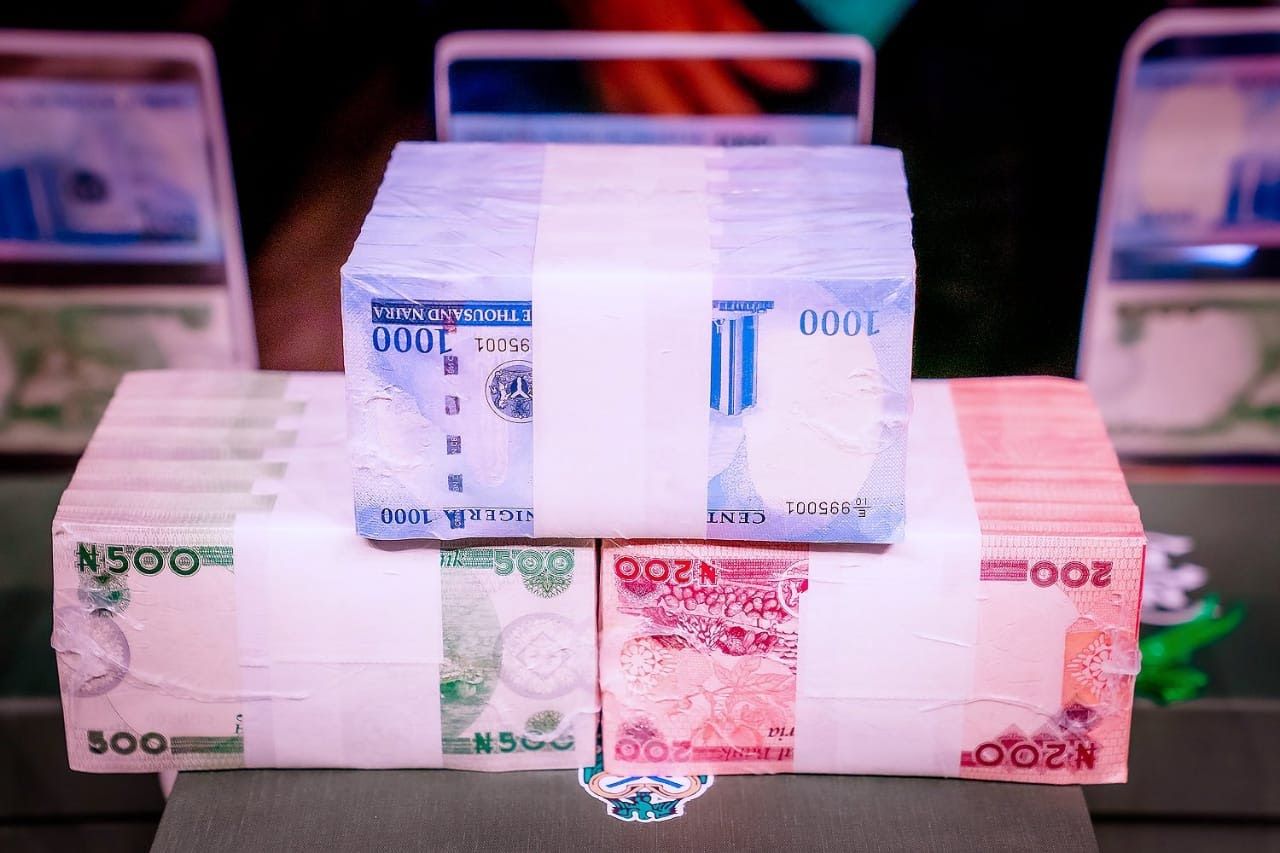
The Nigerian Naira has been ranked the ninth weakest currency in Africa as of September 2025, according to a newly released currency index published by Forbes. The ranking, based on real-time foreign exchange data, underscores ongoing pressure on Nigeria’s macroeconomic stability, despite encouraging signs of easing inflation and improved foreign exchange inflows.
The report utilizes data sourced through the Open Exchange Rates API, which updates every five minutes to track live forex market activity. It captures currency performance based on a mix of market demand and supply dynamics, investor sentiment, and broader economic indicators.
At an exchange rate of approximately ₦1,490 to $1, the Nigerian Naira falls behind several other African currencies in terms of value. According to the Forbes data, the São Tomé and Príncipe Dobra (22,282 per $1) topped the list as the weakest currency on the continent. It was followed by:
- Sierra Leonean Leone – 20,970 per $1
- Guinean Franc – 8,680 per $1
- Ugandan Shilling – 3,503 per $1
- Burundian Franc – 2,968 per $1
- Congolese Franc – 2,811 per $1
- Tanzanian Shilling – 2,465 per $1
- Malawian Kwacha – 1,737 per $1
- Nigerian Naira – 1,490 per $1
- Rwandan Franc – 1,448 per $1
In contrast, the strongest performing currencies on the continent include the Tunisian Dinar (2.90 per $1), Libyan Dinar (5.40), Moroccan Dirham (9.91), Ghanaian Cedi (12.31), and Botswana Pula (14.15).
Africa comprises 54 recognized countries, according to United Nations and global geographic standards.
Inflation Down, But Naira Still Struggles
The ranking comes at a time when Nigeria has recorded one of its sharpest disinflation trends in over a decade. The National Bureau of Statistics (NBS) reported that headline inflation fell from 24.5% in January 2025 to 20.12% in August, marking the fifth consecutive month of decline.
The disinflationary trend has been attributed to multiple factors, including:
- Improved oil export receipts
- Steady foreign remittance flows
- Stronger agricultural output
- The Central Bank of Nigeria’s monetary policy stance, which has held the benchmark interest rate at 27.5%
Currency Still Under Strain Despite Policy Gains
Despite positive signs, the naira remains under significant strain. Analysts point to persistent challenges such as:
- A volatile parallel market
- Limited FX liquidity in official channels
- High import dependence
- Concerns over public debt and investor confidence
Meanwhile, other economic developments such as Dangote Refinery suspending local petrol sales in naira and ongoing banking mergers suggest that the financial sector is still recalibrating in response to FX and monetary dynamics.



